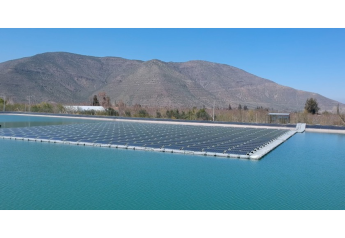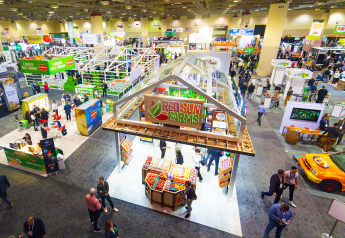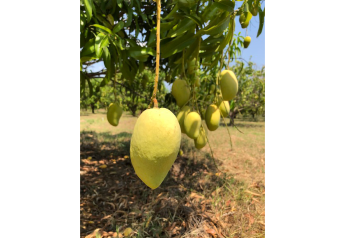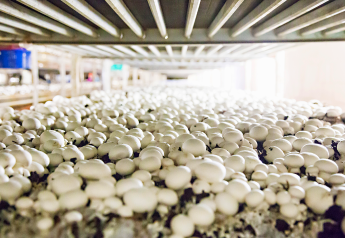Food for thought: Talking apples with Desmond O'Rourke
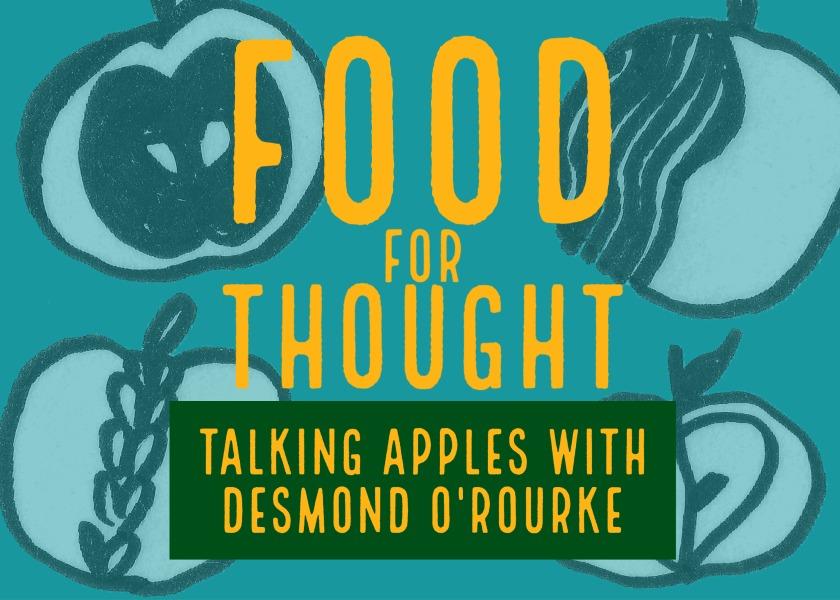
The Packer's Tom Karst visited June 23 with Desmond O'Rourke, economist and long-time apple industry observer. Karst asked O'Rourke about the ways the Washington apple industry has changed in the past 50-plus years, and what challenges and opportunities may lay ahead.
“I have nothing but admiration for the men and women of the fruit industry in Washington state,” O’Rourke said in the interview. “They just are so dominant. They’ve taken on so many challenges. Over the years that I’ve been working in the industry, they have continued to be optimistic about the future and continue to try and sell their products around the world. It’s certainly remarkable and inspiring to be around those sorts of people for all my career.”
Listen here: Packer Interview - Desmond O'Rourke
Q: At the time you came to Washington in 1970, the industry was much smaller than it is today. Was the crop running about 50 million cartons then?
A: Their peak at that time was about 40 million cartons. Now they can do 140 million cartons. But (in 1970) it was mostly from small growers who were growing in fairly narrow, hilly valleys, in the foothills of the Cascades. And that was before there was a lot of expansion into the flatter land south of Yakima. And then more recently, in the last 20 years, or really 30 years, there has been tremendous expansion into the Columbia Basin. And so, you’ve got bigger and bigger operators that are much more diversified.
Q: In those years (in the 1970s) the varieties were limited. Describe what the apple industry looked like to you when you came onto the scene.
A: The industry was pretty much dominated by the red delicious, and then they had a small amount of rome. There was very little late-season storage, so they used winesap, which was a very good storing apple, for (marketing) later on in the season. I was involved with some of the early studies of the market for golden delicious, so golden delicious really only began to grow (in) the early 1970s. Then it became the second largest variety.
Two things happened in the ’70s. First of all, there was a very severe freeze in the late 1960s, and so an awful lot of the red delicious trees had to be pulled, and they replaced them with higher quality, better strains. By the mid-1970s, they had really good quality red delicious and a growing supply. In 1977 the (export) market opened in Saudi Arabia, as they began to earn some of the revenue from the dramatic increase in oil price.
And then, I believe, in 1978, the market opened in Taiwan. By 1980, Washington wasn’t just supplying the domestic market. They had become really heavily invested in the export market, particularly in those countries and then in other parts of Asia.
Q: Mexico really wasn’t a factor as an export market at that point, was it?
A: Mexico, in fact, was closed. Canada was probably the best export market. But again, the Canadian industry was much bigger at that time, and so they didn’t have the same need for apples that they do now.
In the 1980s, granny smith and gala apples were starting to come along but not in any great volume. Gala really came into its own in heavy commercial volume in the early 1990s. At the same time that fuji came along, and about the same time, they also introduced the Braeburn, the jonagold, So they went suddenly from being three traditional varieties to all these relatively new varieties. Almost all of which have been developed over the previous 20 to 30 years.
Q: Shippers had gained the ability to store apples longer, too, didn’t you, with the development of MCP?
A: Yes, there was tremendous advances in the storage technology. The first controlled atmosphere (CA) storage in Washington state came in 1960s. They learned the technology from Cornell University and from New York. Particularly as they began to export a lot more, they began to increase their use of CA. And they when I started in 1970, the season pretty much ended for anything other than for winesap by about the end of January. But with the CA storage (built) in the next 10 years, they could pretty much supply product for 12 months a year.
Q: We think of organic apples as being a pretty big deal up in Washington state and the Northwest. And that wasn’t the case when you started either, correct?
A: The idea of organic was coming in in the early 1970s. But it was mostly small alternative growers. And it was a very difficult transition to manage. First of all, you had to three years transition before you could sell the product as organic, which a lot of small growers couldn’t afford. Then it was technically quite challenging to operate without the synthetic pesticides.
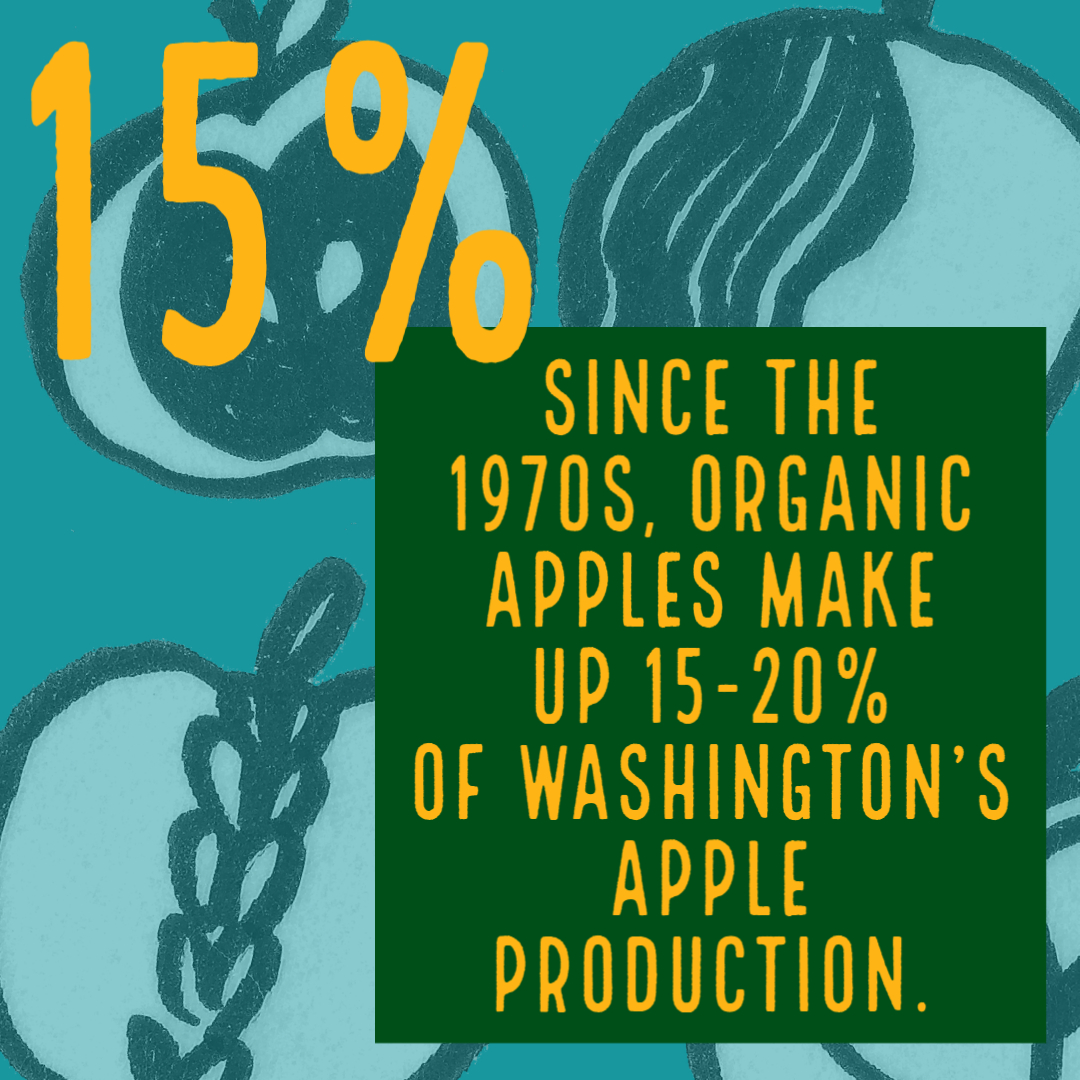
Q: And since then, organic has grown to 15% to 20% of Washington apple production, right?
A: I think last year it was somewhere around 15% of the Washington production was organic. More and more (organic) is being handled by the larger operators because they can afford to have the expertise on chemicals. The bigger operators have done really well with organics. And so, all the big names like Domex, Rainier, Stemilt and so on are among the leaders now in organic production. And in fact, their success in that has made them less interested in more risky export market. Over the last 10 years, we’ve become more dependent on red delicious and gala to supply our export markets, which is not the ideal way to go.
Q: I guess you’re saying that with the turn toward organics, maybe there hasn’t been as much variety innovation for exports?
A: The export market has been mostly a price-based market, a very traditional market — whereas with the arrival of Walmart in the late 1980s, you got more and more managed supplies into the big retail chain. And they didn’t want the cheaper red delicious in many cases. They wanted to introduce many of these newer varieties. And our major marketers worked pretty closely with them in doing that, as well as, of course, the Washington Apple Commission, which was still in existence up until 2003 (in terms of domestic marketing). The apple commission was really big in category management. So, in other words, they were given the right to manage the entire apple section in many retail stores, which gave Washington a terrific advantage at the retail level.
The apple (commission’s involvement in domestic marketing) was terminated in 2003 and category management is less popular with the retailers today. They want to do their own category management.



